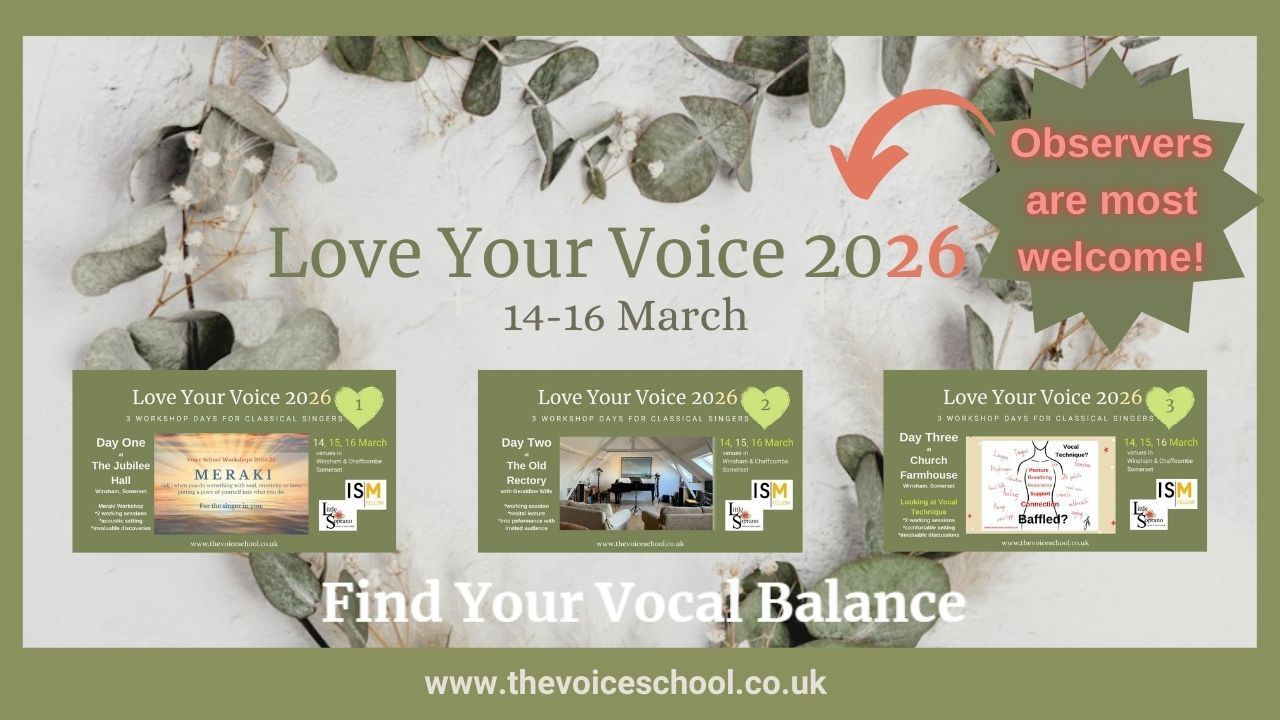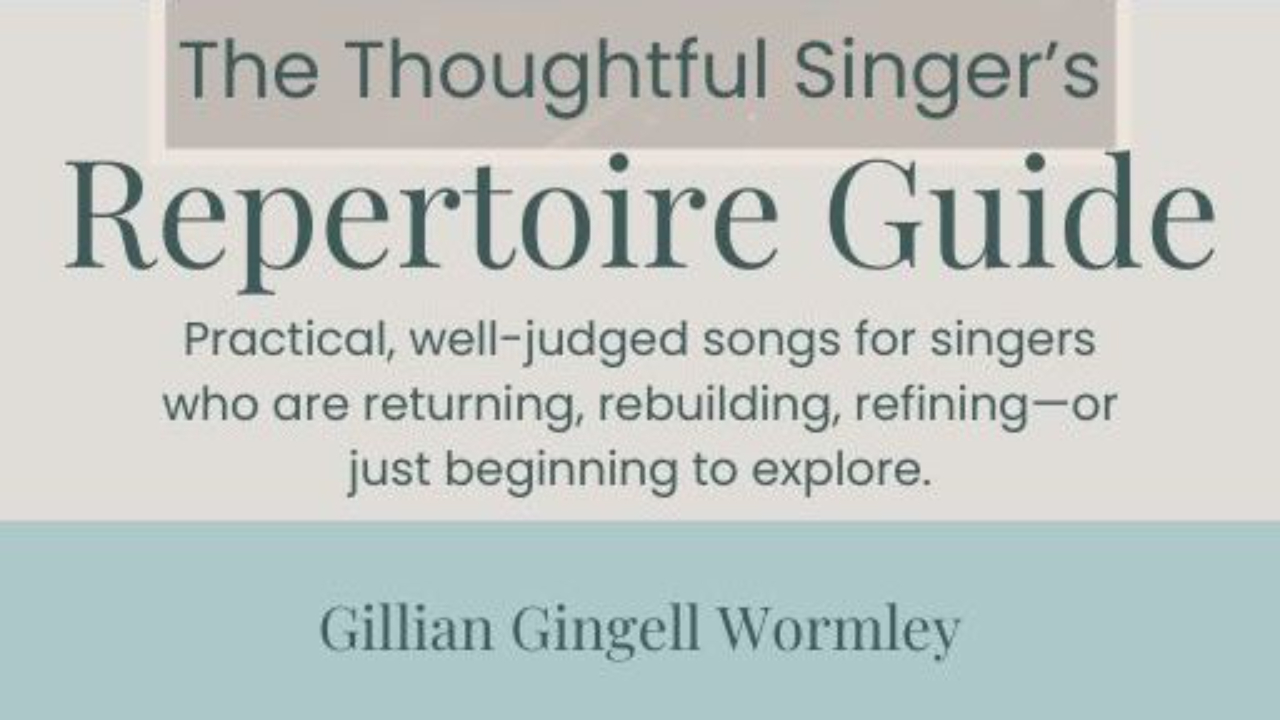Where Music Meets Meaning: The Next Chapter in Your Singing Journey

Reflections: Love Your Voice 2025 - but what comes next?
There’s something truly special about gathering together in a space where your voice is not only heard but valued. Love Your Voice 2025 was one of those rare moments where technique, expression, and community wove together into something wonderful, something lasting. As I reflect on the weekend, I find myself thinking about what made it so memorable—not just the music, but the breakthroughs, the connections, and the clarity that singers found in their voices.
One singer described their learning process as an ever-expanding spiral—returning to familiar concepts but discovering something new and exciting each time. Another found a new sense of freedom in their repertoire, realizing there was so much more possibility than they had imagined. A third spoke about the supportive and encouraging atmosphere, and how watching others work through challenges helped reinforce key ideas in a way that made them stick.
These discoveries don’t...
Love Your Voice 2025 for Classical Singers: application deadline approaches ...
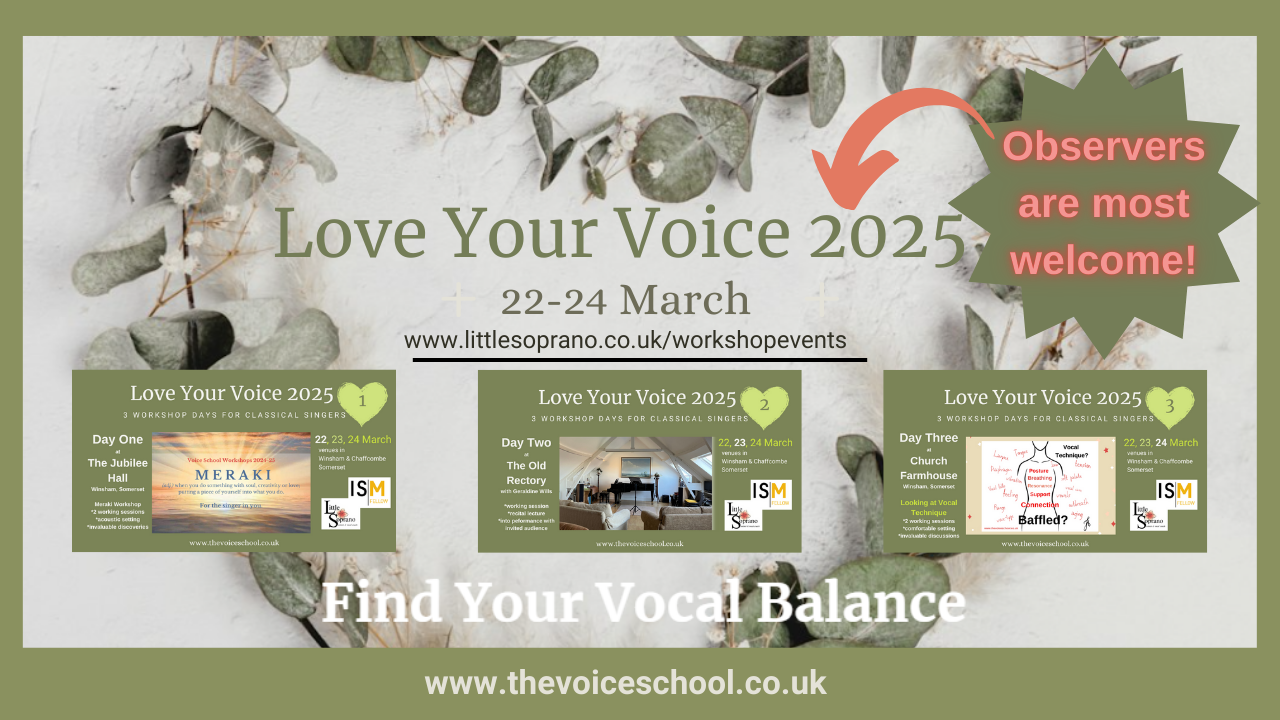
Applications for Love Your Voice 2025 Close Saturday 1st February
What better time than now, as the year unfolds, to invest in yourself as a singer? Whether you’re an experienced soloist or someone rekindling a long-held passion, Love Your Voice 2025 offers a space to nurture your technique, spark your creativity, and connect with other singers who truly “get it.”
Love Your Voice is all about learning by doing. It’s about stepping into the room, being heard, and embracing the process of exploration. Over three immersive workshop days in March, we’ll dive into the heart of what it means to be a solo classical singer—not just technically, but emotionally and creatively. These sessions are designed to provide practical tools for real growth, paired with the joy and camaraderie that come from working alongside a small group of like-minded singers.
Here’s what you can expect from each day:
-
Day One: Embracing Creativity and Performance
...
We’ll set the tone for the weekend with a Meraki
Classical Singers: Learn more about Posture, Breath and Support
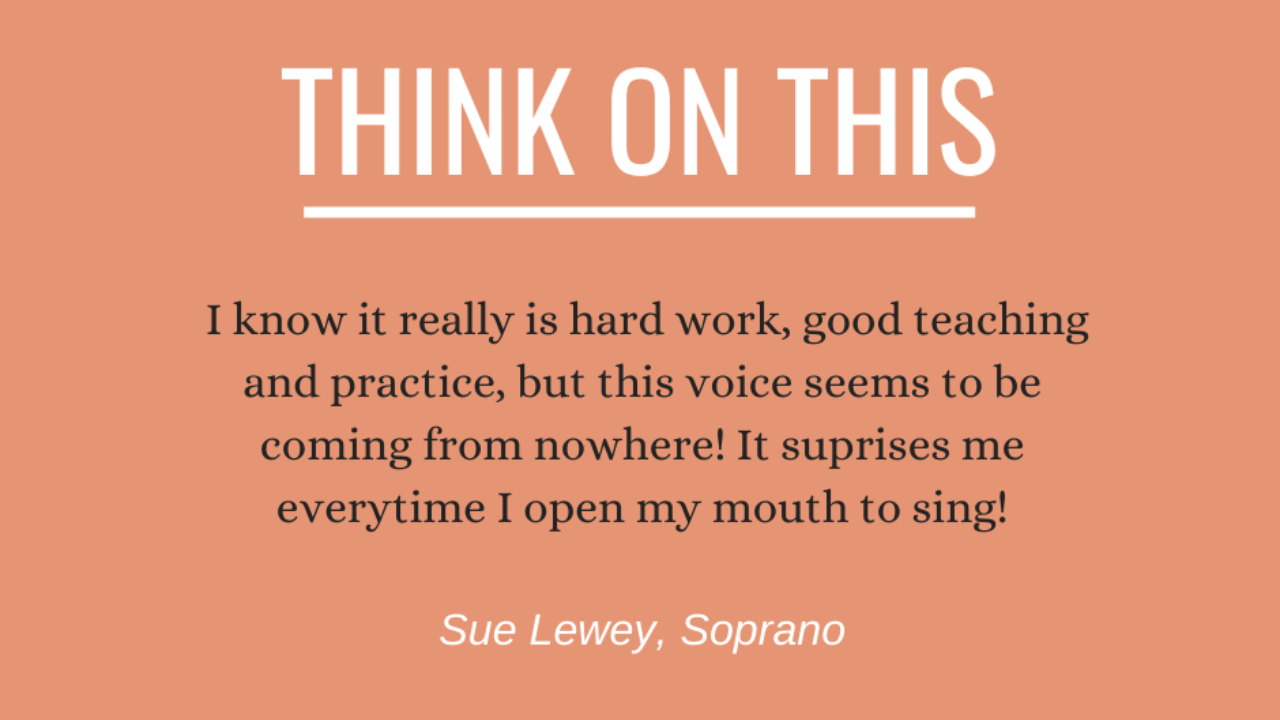
The more I teach, the more my own understanding as a singer grows.
A brilliant bonus from teaching something well is that you get to repeatedly learn the details and deep dive alongside your students and re-examine processes. Learning by doing. It's an excellent by-product - a wonderfully harmonious, serendipitous result.
Learning how to sing well, and with confidence is not a journey you can embark upon with impatience. It IS going to take time, especially if (as I am) you're invested in the longevity of the voice you already have.
Remember that the JOY is IN the journey, every step of the way, exploring the twists and turns - joining the dots as you go if you like.
What's in the video above... Posture, breath and support: go with the flow
The skill of singing well lies in patience, in practising little and often and with focus - and with great guidance or mentoring. A further secret also lies in appreciating what the body naturally wants and is equipped to do and by not ...
Sunday Musings (in pursuit of classical singing)

From the Little Soprano archive.
Originally written one Sunday morning, almost ten years ago, the comment it makes is still as pertinent as ever, especially for new or beginner singers, or those who have a penchant to return to classical singing.
August 2014
I read the quote below earlier this morning and paused to think on it a while.
I love to sing - everyone knows that - but I also love to write, and that love goes way, way back to before I ever sang a note. It was, I think my love of words that lit that first little singing flame. A beautiful marriage between verse and music. I was clearly thinking about singing at quite an early age ...

I’m not fearful of my singing path; I’ve pursued my craft tenaciously, very conscious of the journey and the absolute need to improve, spurred on by the excitement of improving ability and the lure of achieving my goal. But writing is something else - ultimately far more private. I’m more fearful of failure when I write.
Yet my love of word...
Vocal basics every beginner classical singer should know.
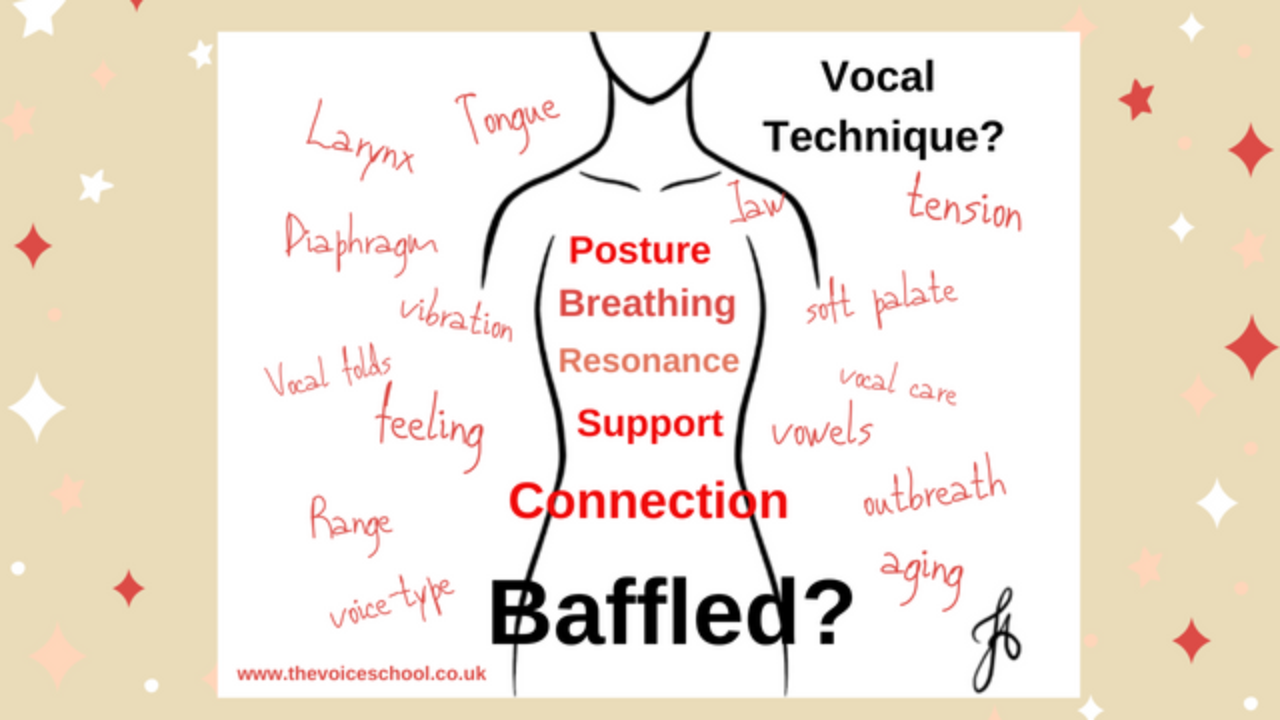
In 2020, I bought a new and interesting book, the delights of which I hardly had time to delve into amid all the extra online Virtual Studio classes and other activities, created by COVID-19 and the human desire for people, singers, to seek to connect.
The book had been sitting on my desk in the study since mid-June that year. Seeing it still there one day, I thought to remind myself why I bought it in the first place. Glancing at the back cover told me everything I needed to know.
"Somatic learning ... through the practice of these methods, a person can become more sensitive to the quality of his or her movement and more integrated in their co-ordination."
Ah - of course! It had to do with POSTURE and more importantly the habits (good and bad) which underpin everything we try to achieve as singers. Vocal Technique-wise, posture is the first of the 3 essential pillars that I talk about in my YouTube technique tutorials, particularly the Vocal Warm-ups.
(The book has a lovel...
4 TOP in-rehearsal vocal care tips for singers

Back to rehearsals soon? Voice feeling a bit rusty?
Here's a little extra guidance beyond the tips I shared in the video above:
Tip #5: Your vocal folds (or cords) are the only pair you'll ever have. You can't go and choose new ones when the old ones start to wear out.

Imagine those little vocal folds, pristine and perfect at birth. Functioning with ease and as usual in babies and young children, with the best and most perfect vocal connection, there can be. What causes things to go wrong when all was perfect at the onset?
True vocal folds are no bigger than your little fingernail. They deserve careful use if they are to serve us well all our lives. Sometimes things go wrong, usually as a result of a poorly mixed cocktail of factors.
For example, if we think of gaining greater volume when we sing, there’s a psychological trigger that suggests to us that we must push more air to make it happen. But a greater volume achieved by pushing more air simply puts more stress on tho...


